Introduction
Summer is a wonderful time for outdoor adventures and fun in the sun. But for our furry friends, the heat can be more than just uncomfortable—it can be dangerous. As a caring dog parent, it's essential to know how to keep your dog cool and safe during the hot summer months. In this guide, we'll cover everything you need to ensure your pup stays comfortable and healthy all season long.
Understanding the Risks of Overheating
Dogs can overheat quickly, especially since they don't sweat like humans do. Instead, they regulate their body temperature through panting and limited sweating through their paw pads. Knowing the signs of overheating is crucial to prevent serious health issues.

Common Symptoms of Overheating
Watch for symptoms like excessive panting, drooling, red or pale gums, increased heart rate, and lethargy. In severe cases, your dog might vomit, collapse, or even suffer from seizures. Immediate action is needed if you observe any of these signs.
Why Dogs Are Susceptible to Heat
Dogs are more prone to overheating because they have a higher body temperature and less efficient cooling mechanisms compared to humans. Certain breeds with thick fur or flat faces (brachycephalic breeds) are at even greater risk.
Providing Plenty of Water
The Importance of Hydration
Keeping your dog hydrated is the first step in preventing overheating. Water helps regulate body temperature and maintain overall health.
Tips for Encouraging Your Dog to Drink More
Ensure fresh water is always available. Add ice cubes to their water bowl for a refreshing treat or try a pet fountain to make drinking more appealing. Offering diluted, dog-safe broths can also encourage hydration.
Creating a Cool Environment
Indoor Cooling Techniques
Keep your home cool by using fans or air conditioning. Create a designated cool spot with a cooling mat or damp towels for your dog to lie on.
Outdoor Cooling Solutions
When outside, provide shaded areas and use a kiddie pool filled with water for your dog to splash in. Portable shade structures are great for outings.
Avoiding the Hottest Parts of the Day
Best Times for Walks and Playtime
Plan activities during the early morning or late evening when temperatures are lower. Midday heat can be overwhelming for your dog.
Adjusting Your Dog’s Routine
Modify your dog's routine to avoid strenuous activities during peak heat hours. Short, frequent walks are better than long, intense exercise sessions.
Using Cooling Products
Invest in cooling products like mats and vests that help lower your dog’s body temperature. These products are designed to be comfortable and effective.
How to Choose the Right Products
Look for items that are easy to use and clean. Ensure they are made from non-toxic materials and fit your dog's size comfortably.
Grooming Tips for Summer
Importance of Regular Grooming
Regular grooming helps maintain your dog’s coat and skin health. It also aids in temperature regulation by removing excess fur and preventing matting.
Best Practices for Different Coat Types
For dogs with thick coats, consider a professional trim. However, never shave your dog completely as their fur protects against sunburn and heat.
Providing Shade Outdoors
Setting Up Shaded Areas in Your Yard
Create shaded spots in your yard using trees, umbrellas, or tarps. Ensure these areas are easily accessible for your dog throughout the day.
Portable Shade Options for On-the-Go
Portable shade options like pop-up tents or canopies are perfect for trips to the park or beach. They provide instant relief from the sun.
Water Play and Swimming

Safe Water Activities
Introduce your dog to water play safely. Use sprinklers, hose-downs, or shallow pools for fun, cooling activities.
Benefits of Swimming for Dogs
Swimming is a great low-impact exercise that helps keep your dog cool. Always supervise your dog around water to ensure their safety.
Signs of Heatstroke and Emergency Measures
Identifying Heatstroke in Dogs
Signs of heatstroke include rapid panting, bright red tongue, thick saliva, vomiting, and dizziness. Immediate cooling and veterinary attention are crucial.
First Aid and When to Seek Help
Move your dog to a cool place, offer small amounts of water, and apply cool (not cold) wet cloths to their body. Seek veterinary care immediately if symptoms persist.
Travel Tips for Summer

Safely Traveling with Your Dog
Never leave your dog in a parked car, as temperatures can rise rapidly. Plan trips with plenty of water breaks and opportunities for cooling down.
Car Safety and Cooling Hacks
Use sunshades in your car and ensure your dog has access to fresh air. Portable fans and cooling mats can help keep your dog comfortable during travel.
Conclusion
Keeping your dog cool this summer is all about preparation and vigilance. By understanding the risks of overheating and implementing these practical tips, you can ensure your furry friend enjoys the summer safely. Remember, a cool dog is a happy dog!
FAQs
How Can I Tell If My Dog Is Overheating?
Look for signs like excessive panting, drooling, red or pale gums, increased heart rate, and lethargy. If you notice any of these, take immediate action to cool your dog down.
What Should I Do If My Dog Won’t Drink Water?
Try offering ice cubes or diluted dog-safe broths. Sometimes, changing the water bowl or adding a pet fountain can make drinking more appealing.
Are Certain Dog Breeds More Prone to Heatstroke?
Yes, breeds with thick coats or flat faces, like Bulldogs and Pugs, are more susceptible to heatstroke. Always take extra precautions with these breeds.
Can I Shave My Dog’s Coat in Summer?
It's best not to shave your dog completely, as their fur protects against sunburn and heat. Instead, consider a professional trim to manage their coat.
What Are Some Fun Summer Activities for Dogs?
Safe activities include water play, swimming, gentle walks during cool parts of the day, and interactive indoor games. Always ensure your dog stays hydrated and cool.


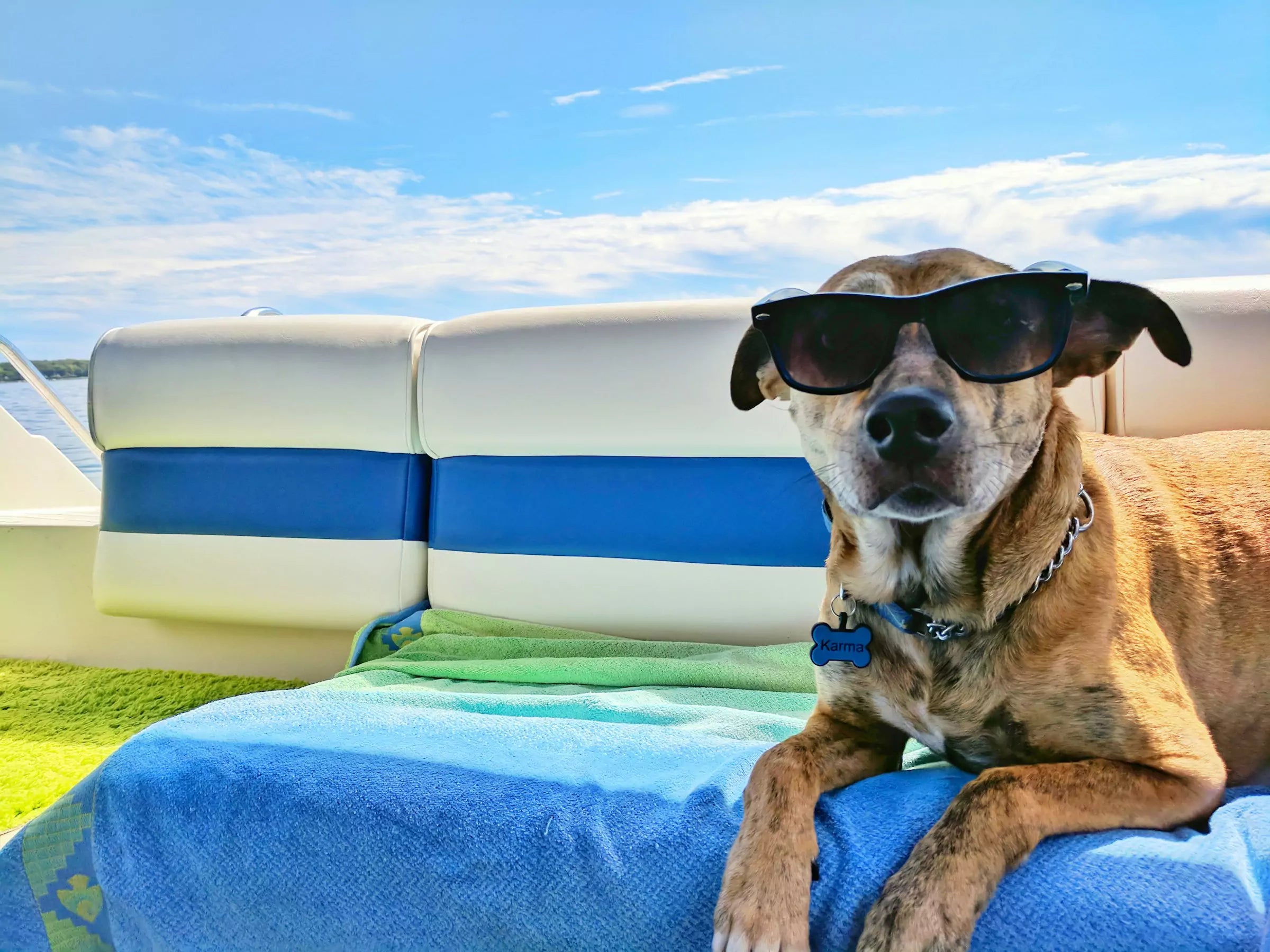

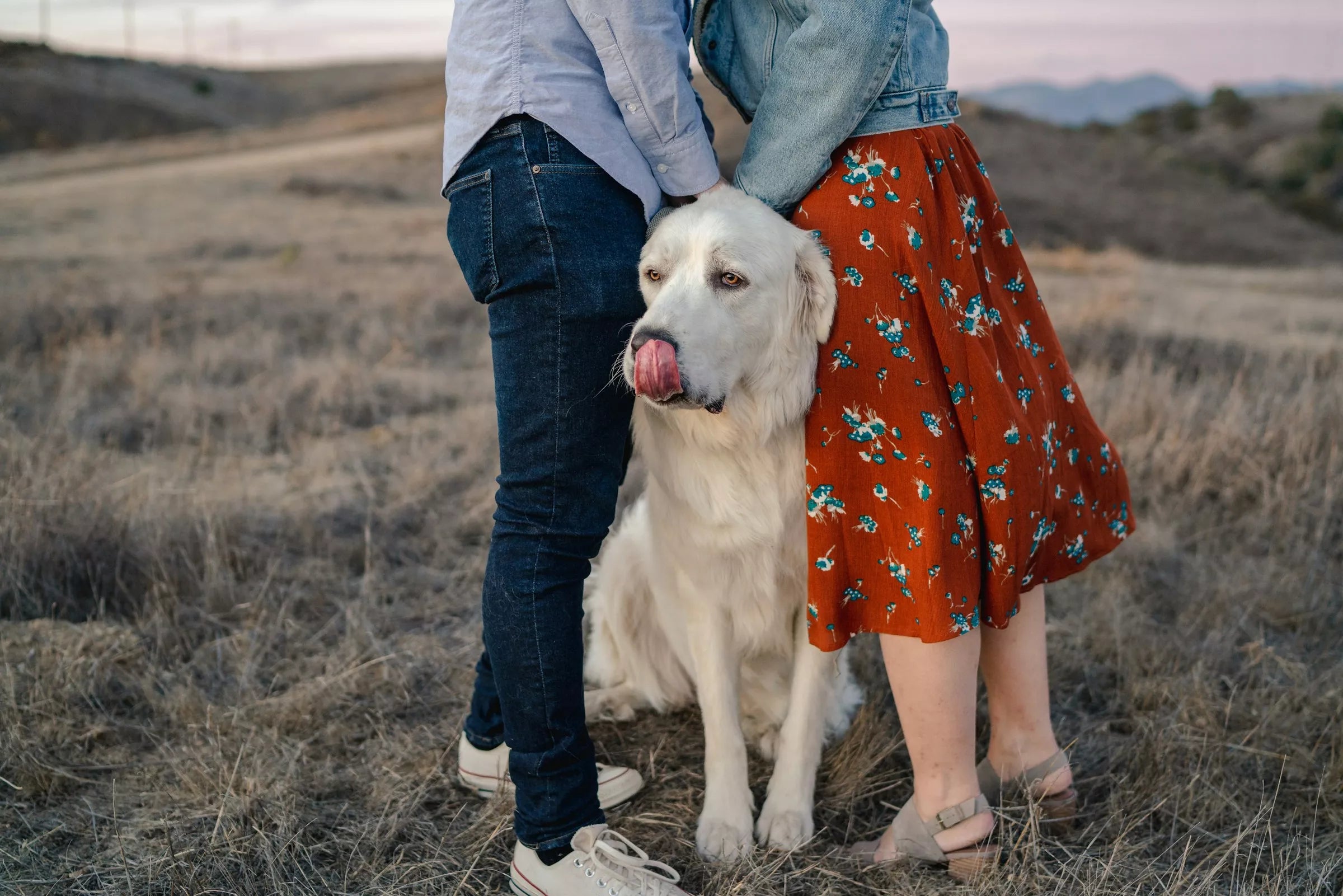
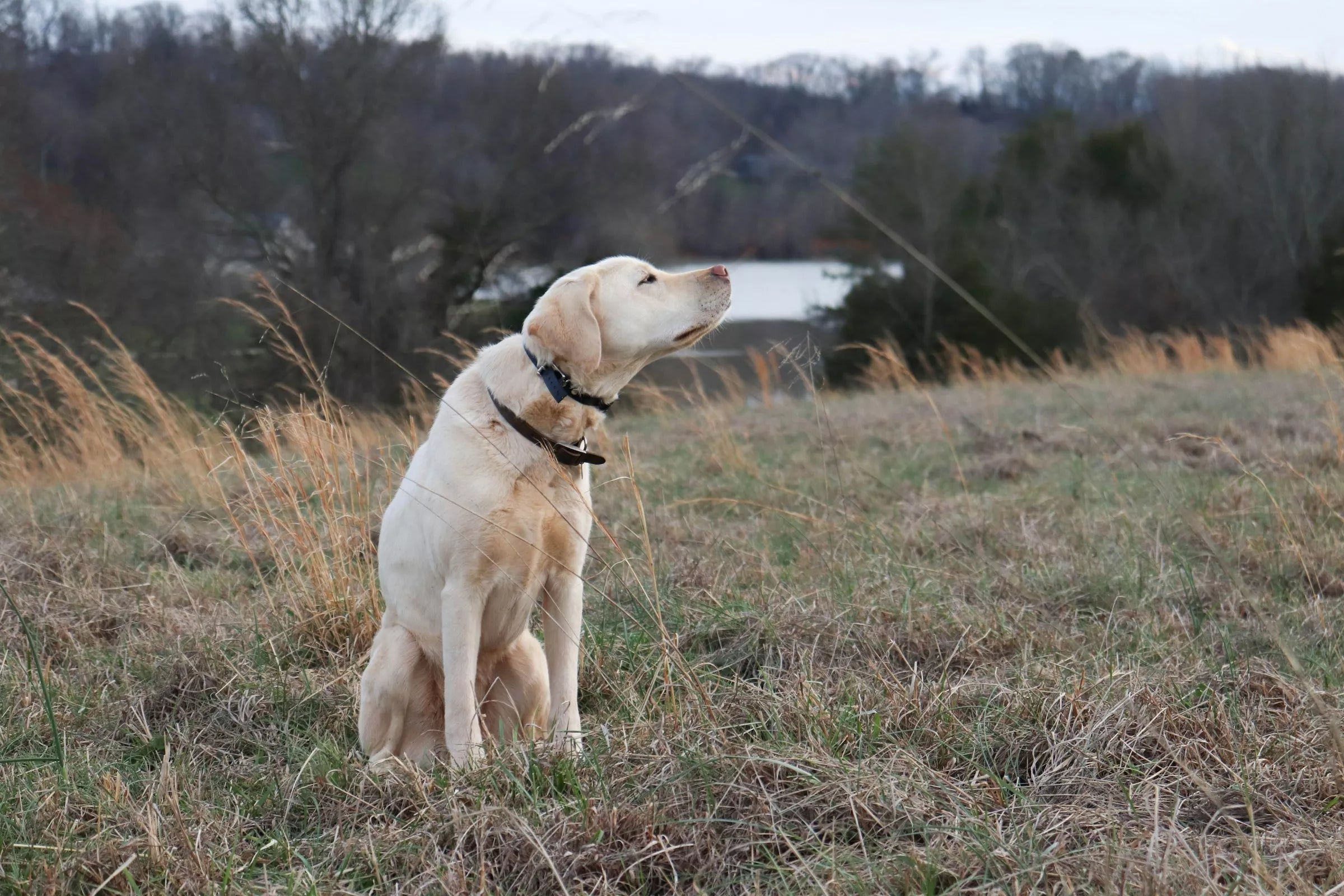
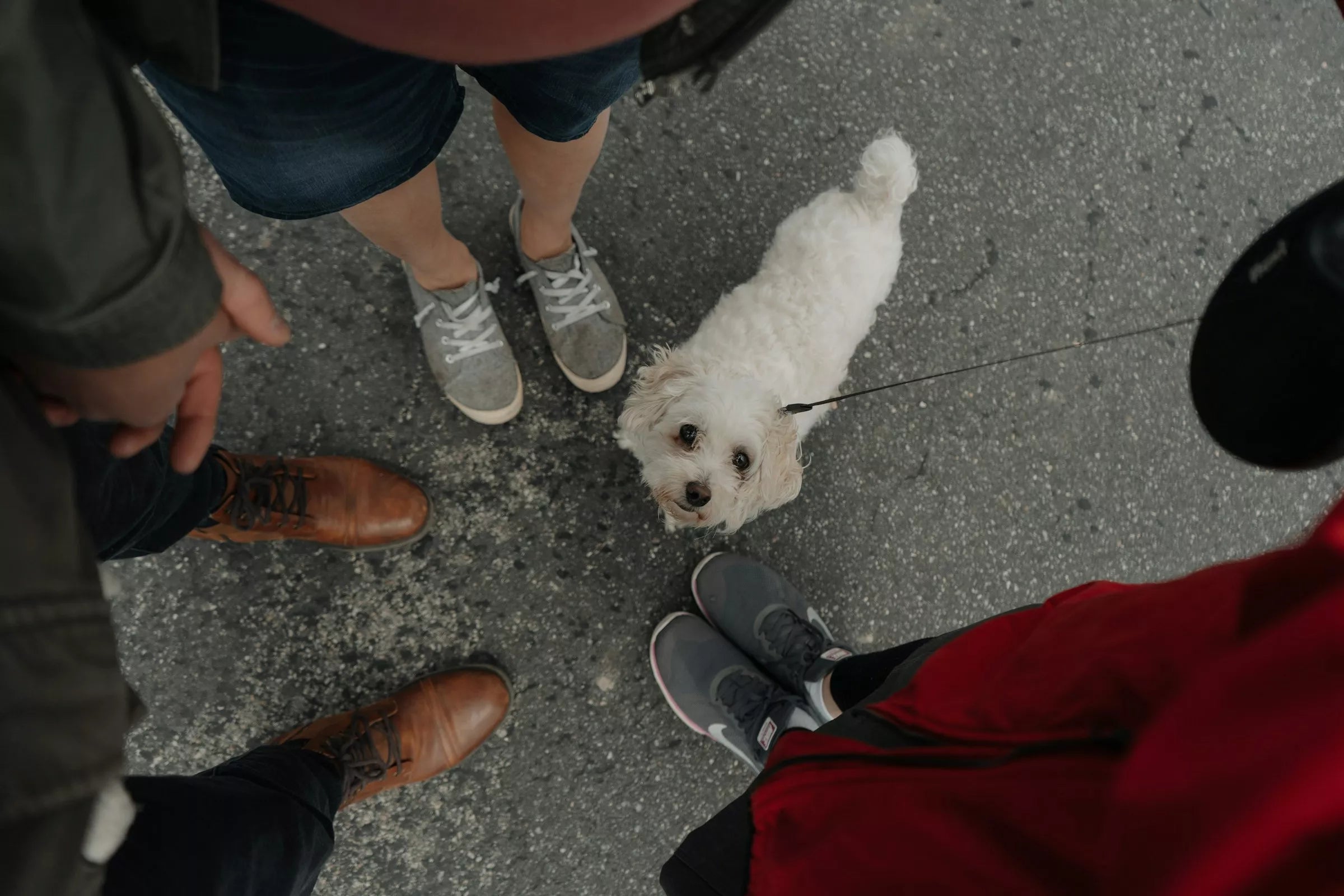
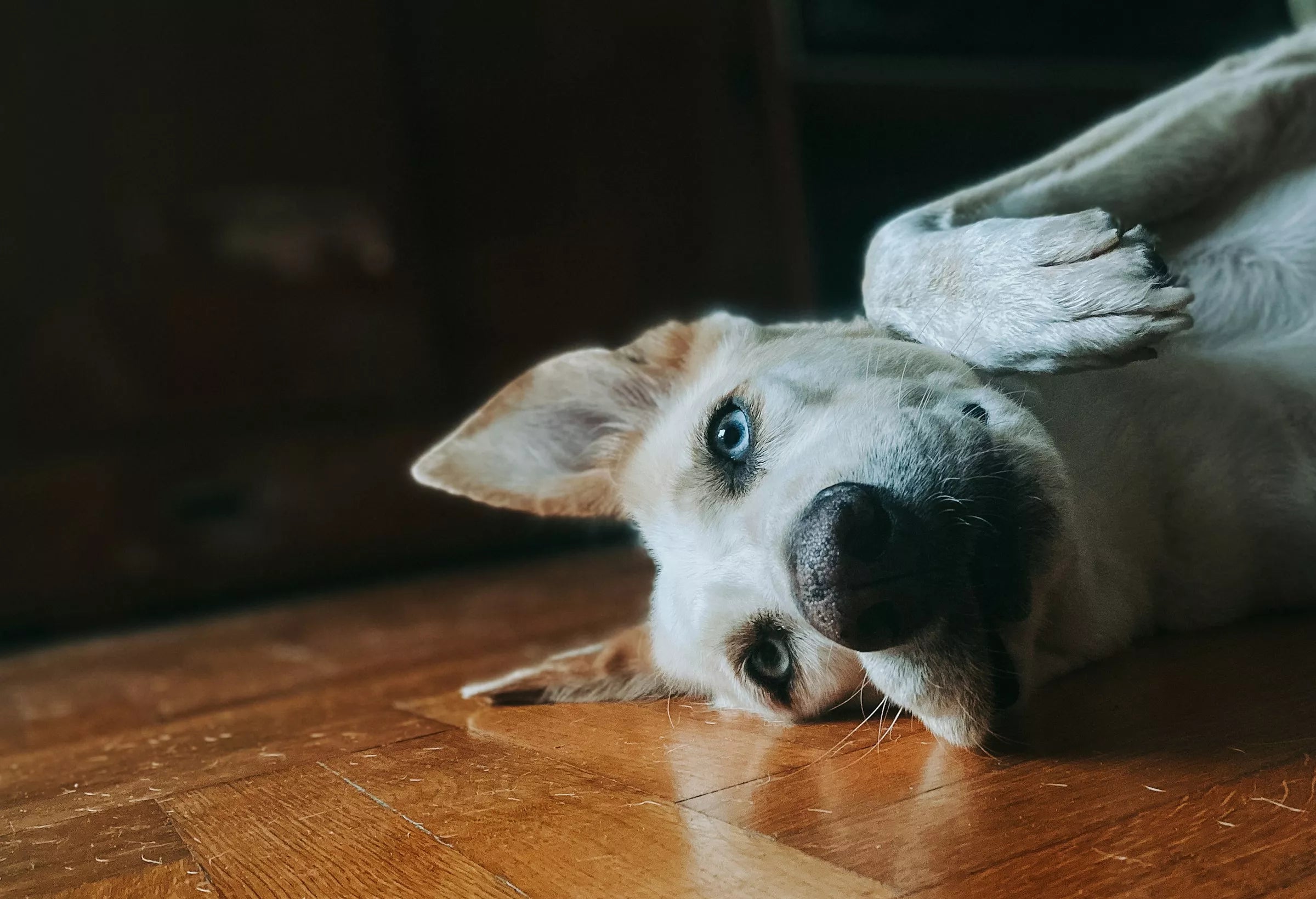
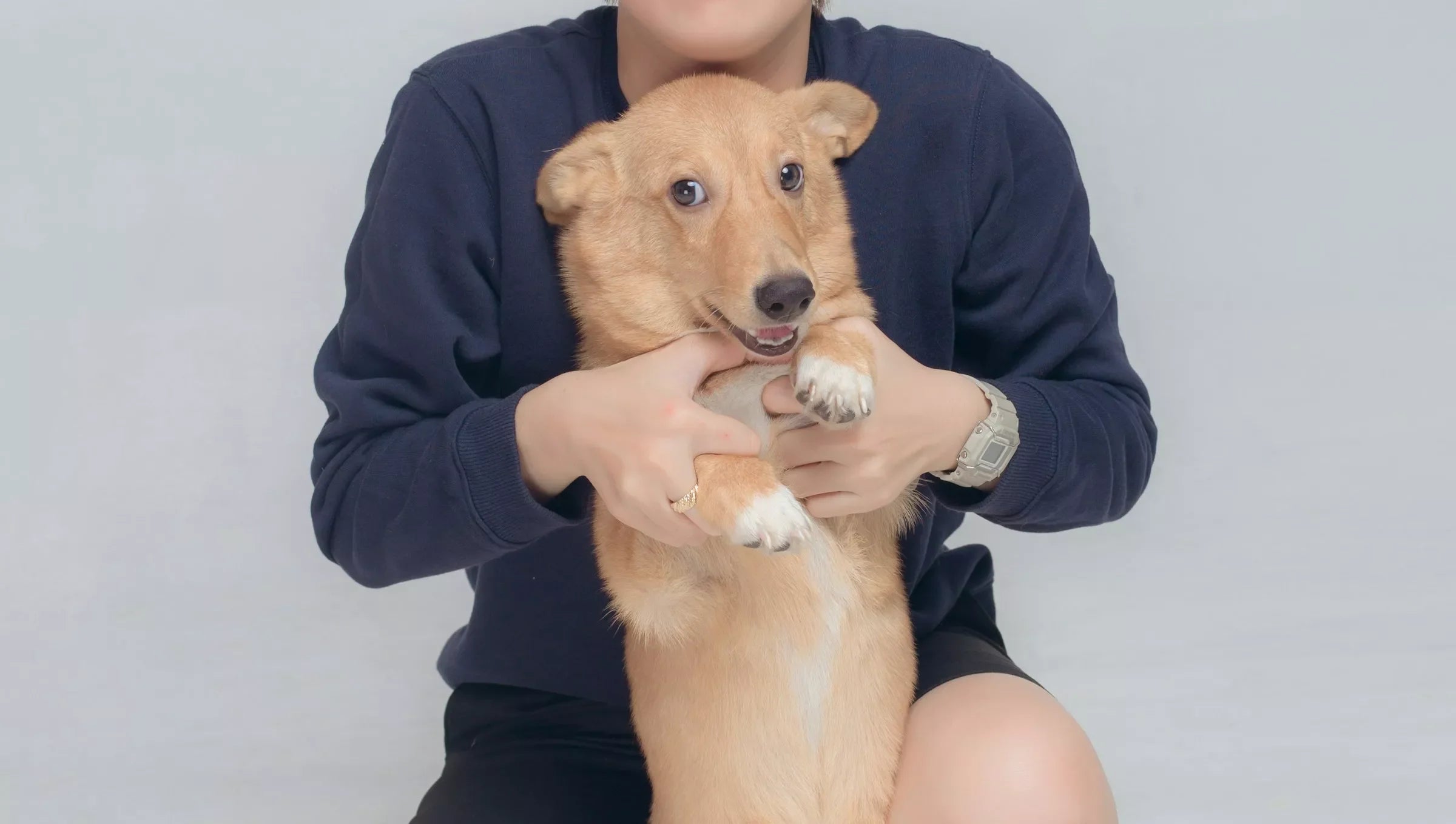
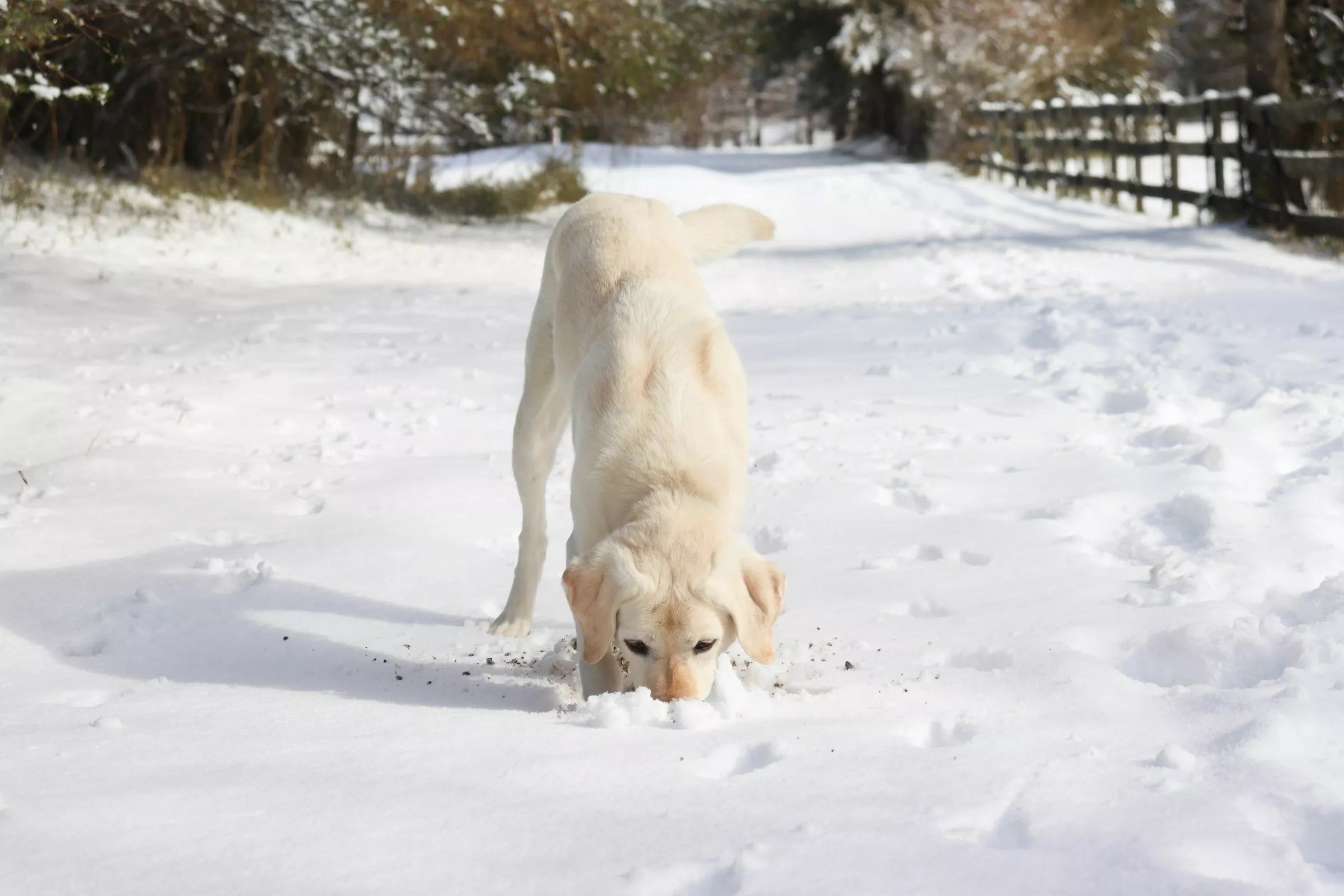






Share:
How Can I Make My Backyard Safe for My Dog?
The Benefits of Adopting a Senior Dog